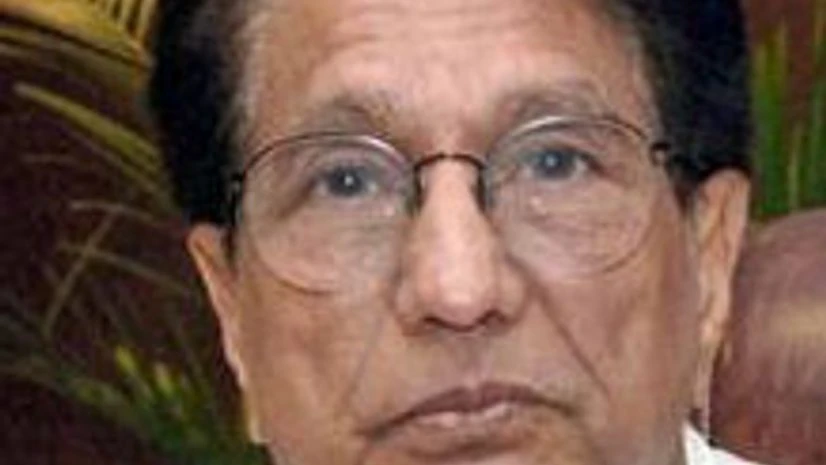In principle, we have no issues. Only concern is that the joint venture (JV) comply with the requirements of the foreign direct investment (FDI) policy.
What areas need clarity?
The commerce ministry should change the note to bring more clarity on FDI. I don't see big hurdles, whether they (AirAsia, Tata and Arun Bhatia) form the JV before or after. The aviation ministry will check the procedures of taking a no-objection certificate, having two-thirds of Indian directors and others.
The main purpose of FDI was to help domestic airlines. If this JV happens, don’t you think the purpose would be compromised somewhere?
The idea created by the press was that we were doing it for Kingfisher Airlines. As Kingfisher was in financial straits, the impression was created that FDI was for financial reasons. I said it’s an enabling provision. We are doing it as we expect airlines to get technical and management expertise and the reach of the companies which invest.
The policy framework is clear — 49 per cent FDI in carriers, including the investments by the foreign carriers, and that is through the government approval route.
Second, we have regulatory requirements and guidelines. Anybody who wants to come—Indian, foreign or JV—has to go through these.
We have no problem with anybody forming a JV or investing in existing airlines, as long as they meet the policy guidelines and regulatory requirements.
How long will it take for the aviation ministry to give clearance to this JV, once the proposal comes?
Let’s see. I don’t know now. I have not done it before. But that is not the concern. They are themselves saying they will be ready to fly by the end of this year.

)
